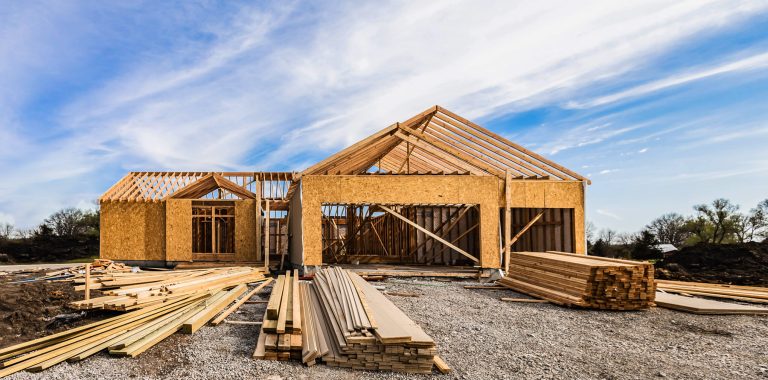To attract skilled talent in an evolving economic landscape, public and private sector leaders must understand the factors – economic, social and political conditions – that push and pull people and drive relocation.
Take a look back at highlights from the second annual Conference on Market-Based Solutions for Reducing Wealth Inequality, which brought academics together with the public and private sectors to hear about new research and venture into the community.
New Kenan Institute Research Economist Sarah Dickerson says that while her research and writing will help further the institute’s mission, "I also aim to expand the mission’s scope by reframing some of the fundamental questions being asked."

How to Make Homeownership More Attainable
With homebuying season here, many Americans are eyeing the housing market, looking for signs of improvement. Will unfavorable conditions abate and the number of affordable homes begin to rise?
Join the Leonard W. Wood Center for Real Estate Studies for the John A. Mitchener Housing Affordability Symposium on Friday, Dec. 1, 2023, at the Rizzo Center. Industry and academic experts will explore how the U.S. can combat increased housing costs.
Andra Ghent, Professor of Finance at the University of Utah’s David Eccles School of Business, discusses the current state of housing affordability in an era of high interest rates.

Join the Leonard W. Wood Center for Real Estate Studies for the 2022 UNC Affordable Housing Symposium on Friday, Dec. 2, 2022 at the Rizzo Center. Industry and academic experts will explore how the Triangle can prepare for the future.
The cost to rent a one-bedroom apartment in Raleigh and Durham jumped 6% in a month as the area continues to attract new residents, according to a WRAL TechWire report. Rising prices are an indication of an undersupply in homes for rent or sale, said institute Chief Economist Gerald Cohen, adding that this “suggests that the risks of a significant drop in housing is quite low.”
Kenan Institute Chief Economist Gerald Cohen was part of a panel on WRAL’s in-depth news program July 2 discussing the whys and how longs of inflation, particularly rising prices for gas, housing and food.
When high-tech companies plan to expand, U.S. cities often compete to attract their investment. While living near a new corporate neighbor can bring job creation and an economic boost, these benefits aren’t experienced equally by local inhabitants. This week's insight explores this and other key findings in new research by UNC Kenan-Flagler Professor Franklin Qian and economist Rose Tan.

The Leonard W. Wood Center for Real Estate Studies, along with the Kenan Institute of Private Enterprise, cohosted the UNC Affordable Housing Symposium last month. Experts in the field, as well as academic professionals, explored how the Triangle housing climate has shifted as business booms in the surrounding area and how the real estate industry can prepare for the future.







The NAR Settlement and First-Time Homebuyers
The settlement with the National Association of Realtors will alter how real estate agents do business. Eric Maribojoc, associate director for the Affordable Housing Initiative at UNC Kenan-Flagler Business School, discusses changes we might see.